Cities are now the dominant habitat for humankind. For the first time in history, more people live in cities than in rural communities. As the world confronts a crisis of global health in the 21st century, cities are the new battleground for rethinking approaches to disease prevention and simultaneously investing in ways to promote a health-creating society.
Urban populations are growing at an unprecedented rate, a trend which – when set against the backdrop of an increasingly ageing society, a rising epidemic of obesity and chronic conditions, and the urgent need to respond to climate change – presents a powerful case for new thinking on how to design more sustainable, resilient cities that enhance health, wellbeing and social inclusion.
The World Health Organisation defines a healthy city as one that “supports health, recreation and wellbeing, safety, social interaction, easy mobility, a sense of pride and cultural identity, and... is accessible to the needs of all its citizens”. More recently, in a Lancet series on urban design, transport
and health, cities are highlighted as the “key to the future sustainable development agenda”.
Aligned with these definitions, the inaugural Healthy City Design 2017 (HCD 2017) Congress & Exhibition will be held on 16–17 October, 2017 at the Royal College of Physicians, London, UK, and will provide an interdisciplinary forum for policy advisors, researchers and practitioners from around the globe. Launched on 22 February, the Call for Papers is now open until 21 April, 2017.
Organised by SALUS Global Knowledge Exchange in collaboration with Helen Hamlyn Centre for Design, Royal College of Art, the Congress seeks to share and stimulate new research, innovative practice and progressive policy ideas on how to design economically and ecologically sustainable cities that enhance citizen health and wellbeing.
Policy and planning decisions in the urban environment that positively affect such issues as air quality, noise control, levels of physical activity, or access to green space, fresh food and positive social contact play a vital role in keeping us physically and mentally healthy.
A new interdisciplinary collaboration between public health and medical professionals, urban planners and designers, policymakers and citizens is required to create a more holistic, whole-system approach that recognises the importance of the environment and infrastructure as the context for behavioural change and a new culture of wellness and health in our cities.
This new vision should consider:
- new spatial strategies to support factors that positively influence health and wellbeing;
- better resilience planning to equip cities in the face of climate change, natural disasters and to protect against the rapid transmission of infectious diseases;
- urban transport and technologies that actively promote healthier and more ecologically supportive modes of travel for work, leisure, sports and culture;
- new ways of working that improve work-life balance, reduce commuter journey times, provide access to workplace health programmes, and enhance employee productivity and enjoyment;
- the development of healthier, smart homes and neighbourhoods that nurture family wellbeing and community interaction, and provide specialist housing for older people that supports independence, provides medical care in the home, and prevents social isolation; and
- rethinking urban planning and design to create healthier, more satisfying and sustainable ways of living, and make healthier lifestyle choices easier, with access to nature and green spaces, places to exercise, and opportunities to enjoy more nutritious foods.
Two-thirds of the world’s population are forecast to live in urban centres by 2050, placing ever-greater strains on water, energy and material consumption. This places the design of healthier and more sustainable global cities as one of the central political, economic, social and environmental challenges of the 21st century.
We’re delighted to invite you to contribute to the exchange of knowledge required to bring about this paradigm shift to ensure our future cities support a health-creating society. The Call for Papers, which includes comprehensive information on how to submit abstracts for the presentation of papers, posters, workshops and colloquiums, closes on 21 April, 2017.

